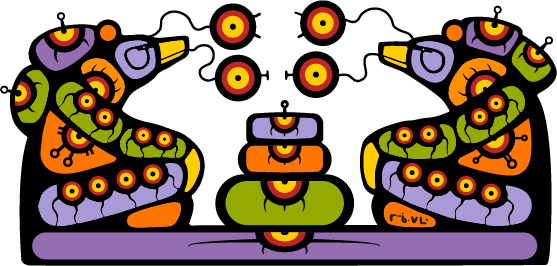Episode 2 - Cree Pedagogy with Angelina Weenie and Doreen Oakes
Air Date: October 30, 2024
Summary
In this episode, Angelina talks about the importance of learning form her mother and grandparents, and how teaching others about the Cree culture and way of life have helped form her career as an educator.

SERIES
Cree Pedagogy with Angelina Weenie and Doreen Oakes

Episode Guest
Dr. Angelina Weenie, who is Cree (nehiyaw) and speaks Cree (y) dialect fluently, is Dean of the UPEI Faculty of Indigenous Knowledge, Education, Research, and Applied Studies and a tenured associate professor at the First Nations University of Canada, where she served as a department head from 2002–2012 and program coordinator of Indigenous education from 2016–2018. Her research and teaching interests lie in Indigenous epistemology, culturally responsive pedagogy, approaches to Indigenous language reclamation, land-based pedagogy, and research methods with Indigenous peoples.
More Episodes
Beginner Saulteaux Lessons with Natalie Langan.








Beginner Saulteaux Lessons with Natalie Langan.